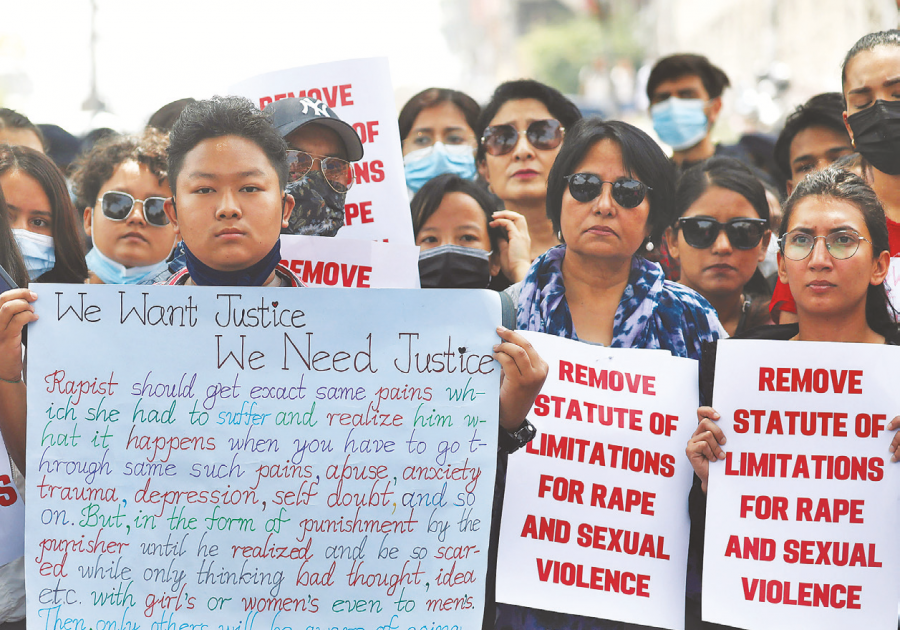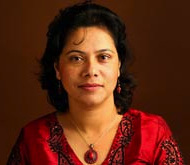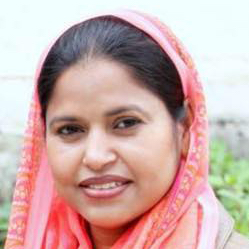Columns
Amend the statute of limitations
The time limit to file a case fails to reflect rape and sexual violence as heinous crimes.
Mandira Sharma & Mohna Ansari
In recent days, social media, the streets and schools have again heated up over the issue of rape and sexual abuse. People from several walks of life have demanded the removal of the statute of limitations on rape cases, while some have called for action against teachers for harassing female students. The harrowing experience of a former beauty pageant participant who was reportedly sexually assaulted when she was just 16 years old brought to light a loophole in Section 229 (2) of the Criminal Code 2017, which sets the statute of limitations on rape of only one year to take legal action. The time constraint is worrying as it fails to reflect rape and sexual violence as heinous crimes.
We seem to be way behind the rest of the world in realising the pervasive and corrosive violence against women and rape. It was as though violence against women and rape had been invisible for a long time. Many people repeatedly raised their voices throughout the Maoist conflict from 1996 to 2006, but the issue remained ignored. After the war, the government of Nepal took a significant position by excluding survivors of sexual violence from the interim relief scheme for survivors of the conflict. The much-lauded National Action Plan on implementing the United Nations Security Council Resolutions 1325 and 1820 that promised to uplift women’s peace building participation and address gender and sexual violence also failed to address the need of survivors suffering from sexual violence.
Over the years, many incidents of rape and sexual abuse have institutionally been covered up. The torture and rape of Maina Sunuwar and Reena Rasaili are among them. Colonel Bobby Khatri, Captain Sunil Prasad Adhikary and Amit Pun were found guilty of killing Maina by the Kabhre District Court in 2017, but the army and the police continue to obstruct any punishment, disrespecting the order of the court. Similarly, the truth about Nirmala Pant’s rape and brutal murder in 2018 is yet to be uncovered, let alone bringing those responsible to justice. Although several investigating teams were formed, they effectively defused the people’s calls and the momentum of the protests.
It remains hidden, almost deliberately, that the United Nations in June 2017 declared that the time limit put on registering rape cases violated Nepal’s treaty obligations and sought assurances on amendments to laws concerning the case of Purna Maya, who was gang raped during Nepal’s internal armed conflict. Even though the UN asked the government of Nepal to investigate and report the measures taken to implement this decision within 180 days, the case never saw the light of day.
A visitor from the moon would be excused for thinking that Nepal’s patriarchal establishment in all its institutional avatars could not face the reality of how it continues to oppress women, firstly by brutalising them and then making them disappear from the records. Eventually, the legal and political situation must follow, even if those who run them have to be dragged into submission.
However, people need the assistance of international organisations and states that support the judiciary system of Nepal who can help by exerting all their potential pressure. A country that receives foreign funding must understand that in exchange, it must respect and adhere to internationally recognised laws and standards, all of which our state has signed on our behalf.
We must highlight specific cases as and when they appear. As we have witnessed how social stigma and taboo force girls and women to suffer in silence, there is a need to cultivate an insulated environment for the survivors to come forward and speak openly about the crimes perpetrated against them so that they do not have to suffer in silence.
At the same time, we need political clarity to understand the need to change the misogynistic culture in our public bodies, including the judiciary system. Comprehensive training and awareness need to be constantly provided for people serving across the broad spectrum of public bodies that have been established to safeguard the public. We do not want to come out on the streets calling for an investigation after every incident; rather, the institution responsible for investigation should be held accountable for investigating these cases when they receive information through any means.
Rule of law
At the centre of this continuing violence against women in Nepal, there is a need to enforce a code of equality for all. Nepal became a republic in 2008 to ensure that no one, monarch or otherwise, would be above the law. Politicians and influential individuals in entertainment, business and elsewhere should not be allowed to get off scot-free or shielded for the crimes they commit. How long will it take before the institutional establishment recognises the irresistible truth that it has to change and change completely? In order to achieve the necessary reforms in our laws, continuous pressure needs to be exerted on the institutions to ensure that speedy justice is delivered and the perpetrators are not let off scot-free.
With many stories yet to find their way into the open, citizens would now like to see parliamentarians working to table an amendment bill to improve laws relating to sexual and gender-based violence including the statute of limitations. If it is not resolved soon, this should be a vital issue in the general election later this year. We cannot be satisfied by the random gestures of the authorities that prosecute some egregious perpetrator but sit back and let most others get off with no justice. It is time for the public justice system to change to ensure that they apply the law equally to everyone.




 18.12°C Kathmandu
18.12°C Kathmandu
















